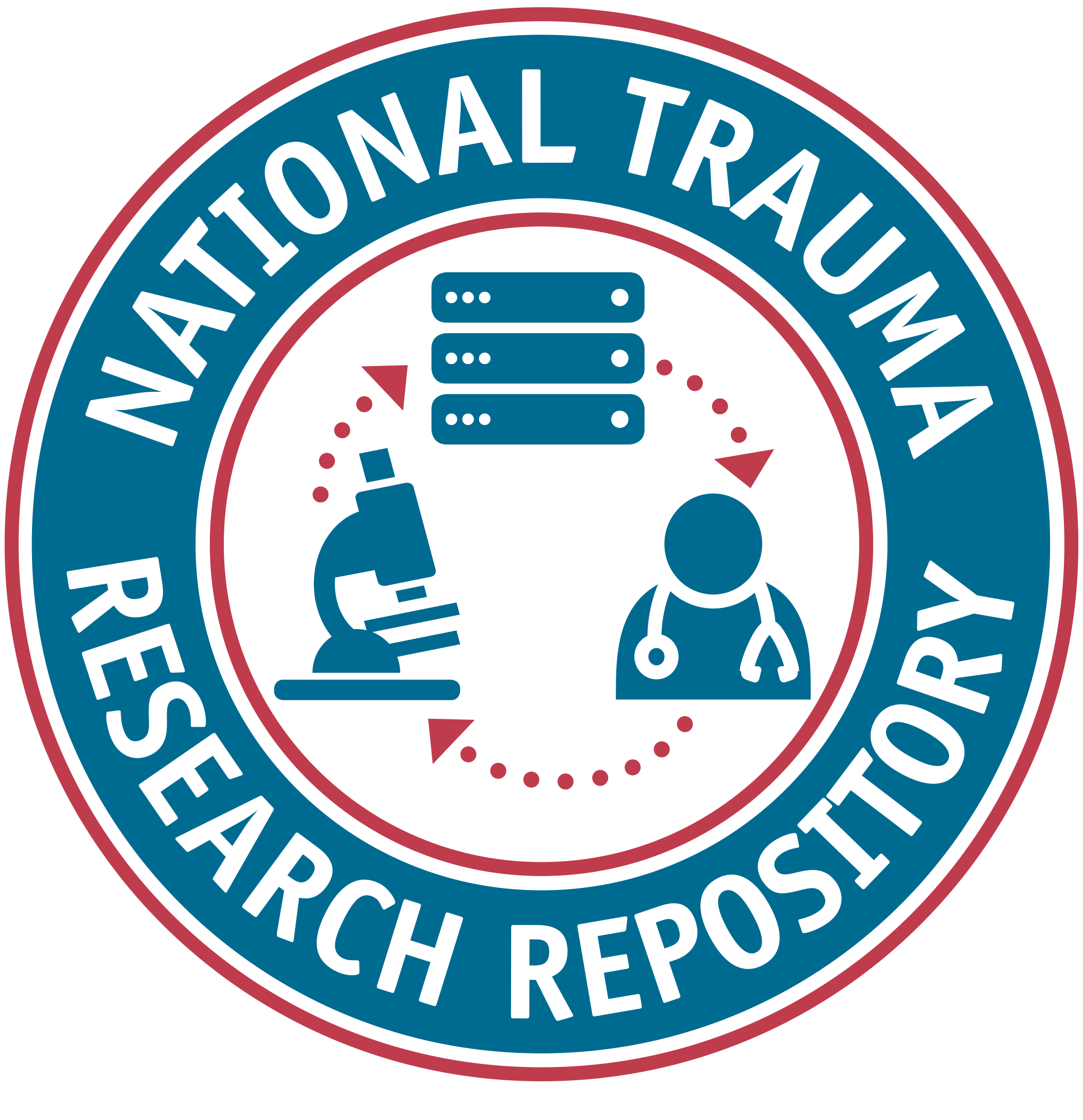Unique Data Element: Canadian Occupational Performance Measure (COPM) Problem Description Text
Listed below are the details for the data element.
FITBIR
1.0
Element Type
Unique Data Element
Canadian Occupational Performance Measure (COPM) Problem Description Text
COPMProblemDescriptionTxt
Short Description
Description of patient identified problem of everyday living as part of the Canadian Occupational Performance Measure (COPM)
Definition
Description of patient identified problem of everyday living as part of the Canadian Occupational Performance Measure (COPM)
Notes
The COPM is an individualized measure that is administered via semi-structured interview. This measure is used to help respondents identify areas of difficulty in self-care, productivity, and leisure. Following identification of up to 5 problem areas, respondents rate each on a scale from 1 (least important) to 10 (most important). Respondents also rate their current level of performance and satisfaction with their performance in each of the 5 areas on a scale from 1 (with great difficulty or not satisfied) to 10 (with no difficulties or completely satisfied). On re-assessment, respondents review their goals and again rate their performance and satisfaction on the goals identified in the initial assessment.
Creation Date
2016-10-27
Historical Notes
References
2016 COPM. All rights reserved. Unauthorized duplication is strictly prohibited. Site design and development by Blind Pig Design. Law M, Baptiste S, Carswell-Opzoomer A, McColl MA, Polatajko H, Pollock N. Canadian Occupational Performance Measure. 1991.ÂÂÂÂÂÂÂÂÂÂToronto, ON: CAOT Publications ACE.
Data Type
Alphanumeric
Input Restrictions
Free-Form Entry
Maximum Character Quantity
250
Population
Adult
Guidelines/Instructions
The COPM is a personalized, client-centred instrument designed to identify the occupational performance problems experienced by the client. Using a semi-structured interview, the therapist initiates the COPM process by engaging the client in identifying daily occupations of importance that they want to do, need to do, or are expected to do but are unable to accomplish. Areas of everyday living explored during the interview include self-care, productivity or leisure
Preferred Question Text
Category Groups and Classifications
| Disease | Domain | Sub-Domain |
|---|---|---|
| Traumatic Brain Injury | Outcomes and End Points | Adaptive and Daily Living Skills |
| General (For all diseases) | Outcomes and End Points | Other Clinical Data |
Classification
Traumatic Brain Injury:
Supplemental
Moderate/Severe TBI: Rehabilitation
Acute Hospitalized
Concussion/Mild TBI
Epidemiology
General (For all diseases):
Supplemental
Keywords
Labels





